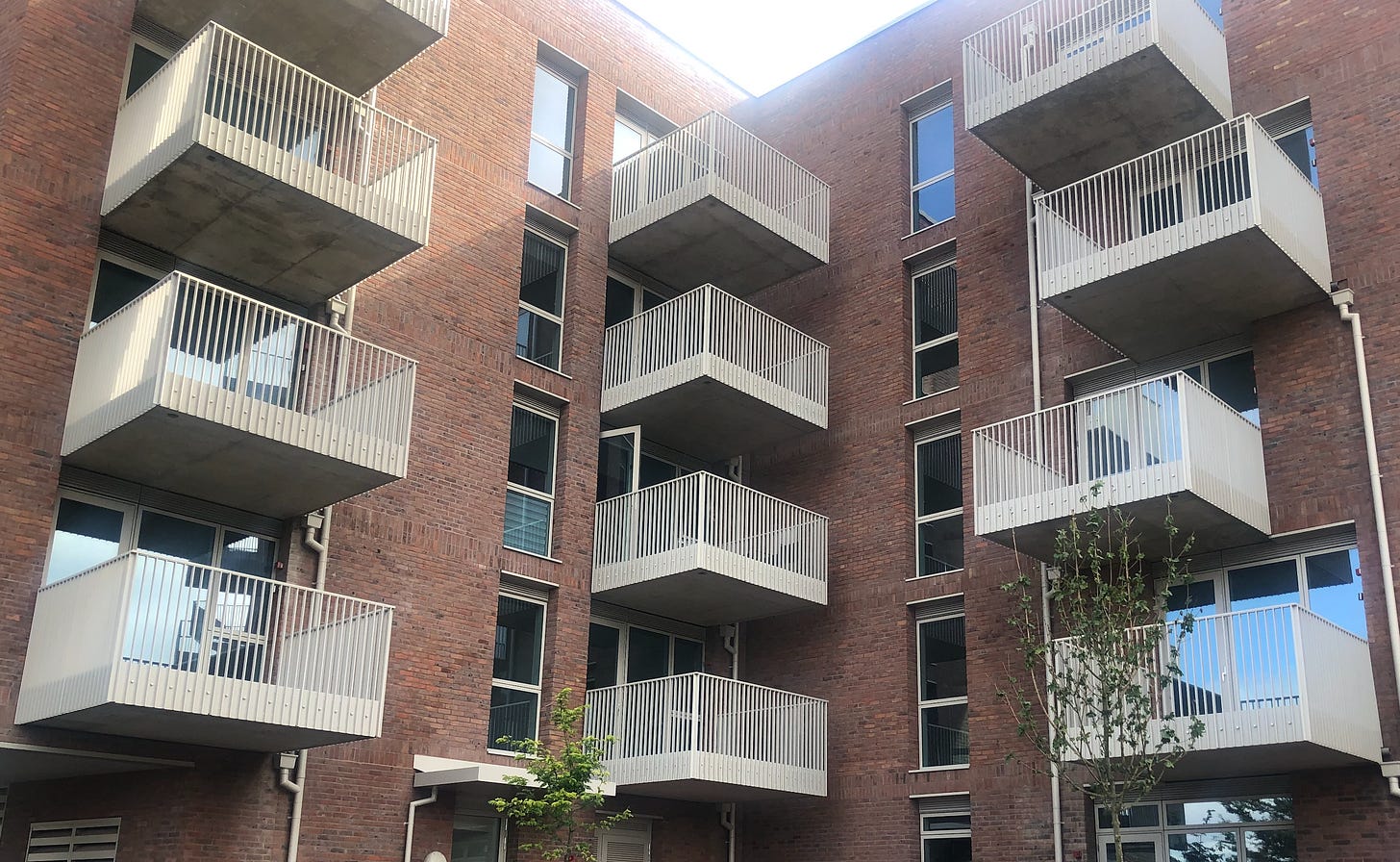On London Extra: Planning hopes
Will Rayner's reforms help? Plus pavement perils, a twit's petition, development objections in Earl's Court and Peckham and much more
All income from this Substack helps fund my unique multi-contributor website OnLondon. This big Friday newsletter contains original stuff by me plus insider chat and good stuff from elsewhere. I invite all free subscribers who don’t already support my media empire through another channel to take the free trial. Paying works out at a pound or so a week. A snip.
Will London's housing emergency be alleviated at all by Angela Rayner's changes to the planning system? That's the emergency composed of the following:
- Emergency undersupply of new housing in general.
- Emergency undersupply of "affordable" housing in particular.
- Emergency financial plight of housing associations.
- Emergency high rents and low quality in private rented sector.
- Emergency financial plight of local authorities.
- Emergency high levels of homelessness.
- Emergency cost rises and labour shortages.
- Emergency social landlord service failures.
I could go on. But let's enjoy the chance Rayner has provided for feeling just a bit more cheerful. Mishaps, missteps and misery-mongering have defined the Labour government's first months in power, but reactions to her announcements have inspired just a bit of something better: optimism, enthusiasm, hope of beneficial change and screams of agony from defenders of an unacceptable status quo.
Let's not get carried away. The planning system in London works relatively well. It's delivery that's letting us down. Planning permissions exist for around 300,000 new homes of various kinds, but for various reasons they're not getting built.
Market conditions are difficult. Private developers will not go ahead no matter how many permissions they get if they aren't confident of making a profit they think worthwhile and - as is too little acknowledged - a big chunk London's "affordable" supply is generated from private sector schemes.
At the same time, housing associations are struggling to afford to buy the affordable homes that would otherwise come their way through this route, weakened as they are by the costs of post-Grenfell safety works and a legacy of slashed government grants and government-imposed rent reductions. Neither are they building for themselves at the speed they would like to. The same goes for councils, even though they've done more in recent years.
Such matters explain why some housing experts doubt whether altering planning rules is going make a lot of difference. For them, the only serious solution is for the state to invest many billions of pounds in the building of homes Londoners on low and middle incomes can afford.
Keep reading with a 7-day free trial
Subscribe to Dave Hill On London: Politics, Places, People to keep reading this post and get 7 days of free access to the full post archives.




